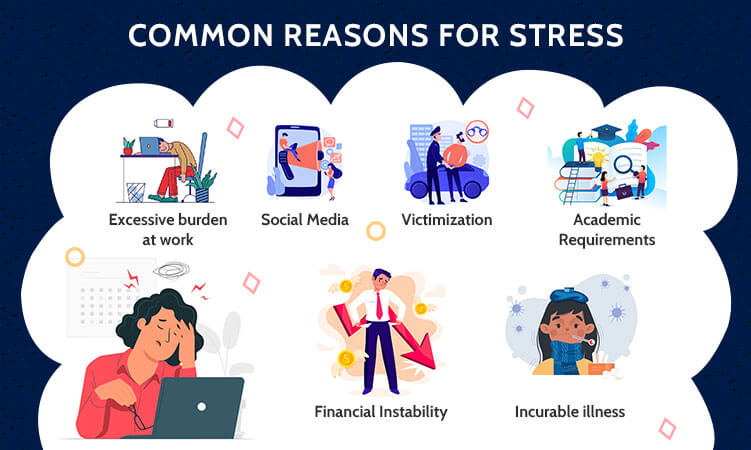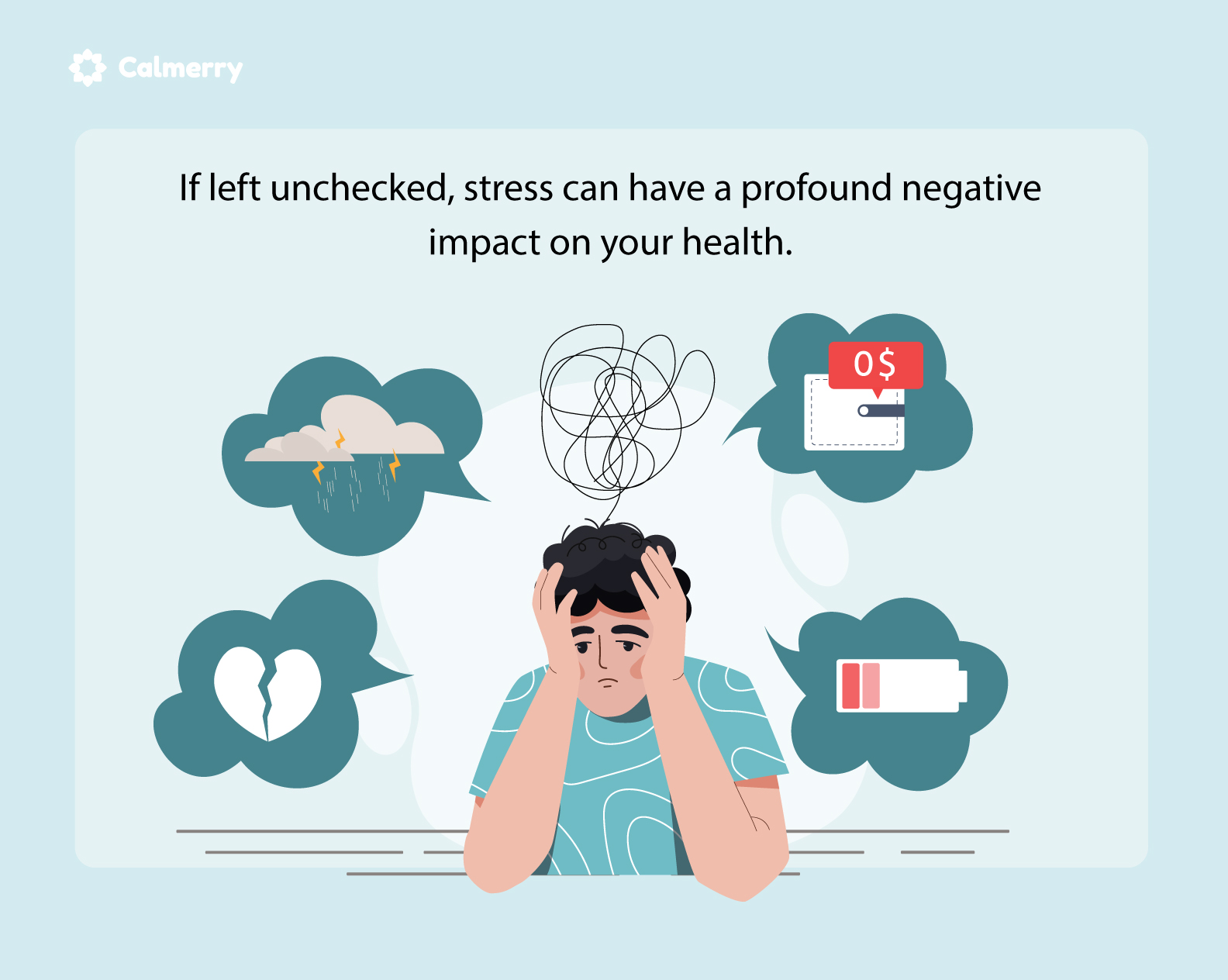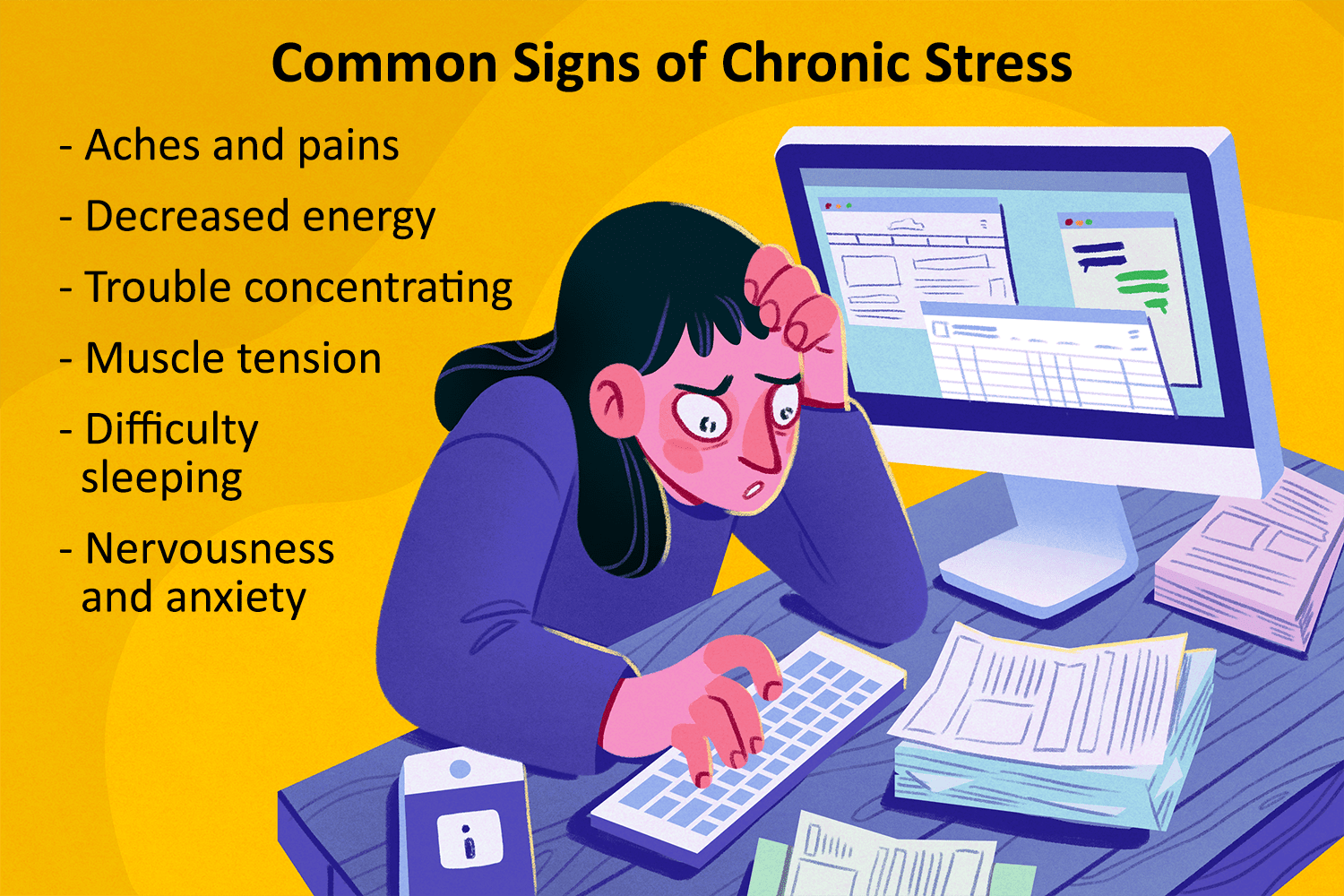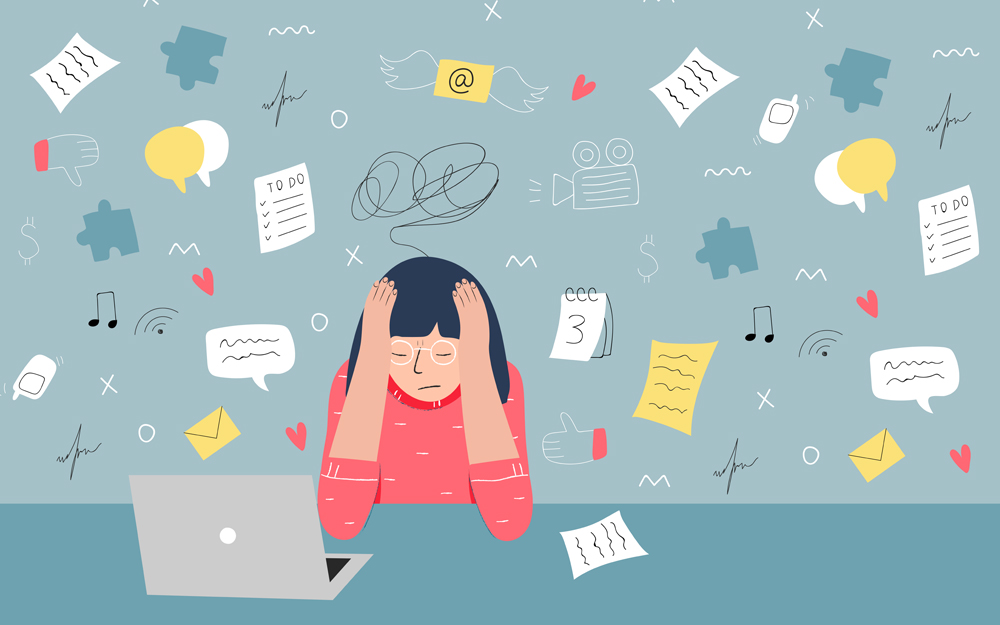Title: Stress as a Risk Factor for Mental Disorders
Introduction
Introduction. People living in the modern fast-paced globalized world cannot avoid stress. Although a moderate amount of stress is normal, chronic stress is harmful to mental health . According to the interaction of stress and mental illnesses, their impact on humans is complex and varied. This paper investigates the significant role of stress as a risk factor for developing or worsening several mental disorders.
Understanding Stress:
Stress is the hard-to-define response of the body to actual or anticipated external demands or stressors. The body, in response to any stimulus, initiates a complicated physiological cascade that produces hormones such as cortisol and adrenaline. The “fight or flight” response is triggered when the body releases these hormones at the onset of a stressor. This response is adaptive when exposed to a stressor for a brief handle. However, long-term exposure causes altered hormone systems and a range of physical and mental health conditions. In addition to its effects on hormone balance, chronic stress affects general health across domains from immune system activity to cardiovascular and gastrointestinal functioning.
Types of stress:
There are many kinds of stress, and each has its own symptoms and effects. Acute stress, characterized by vivid short-lived stress reactions aroused by certain situations and events, and these situations can be public speaking or deadlines. When people have acute stressors often resulting from their personality characteristics or way of life, they begin to suffer from the frequent occurrence of stress, such a pattern is called episodic acute stress. The most severe form of stress is chronic stress, and it is caused by enduring problems, such as job dissatisfaction, intimate problems, or enduring poverty. Prolonged stress, which overwhelms a person’s coping resources, can lead to emotional exhaustion and burnout.
Impact of Stress on Mental Health:
High levels of stress for an extended period can cause disruptions in the fragile equilibrium of neurotransmitters and neuronal circuits in the brain leading to poor mental health. The disruption may affect one’s emotional stability, cognitive functions, and ability to regulate moods, making individuals more vulnerable to all types of mental illnesses. Furthermore, consistent stress has a set of physiological effects that could undermine the body’s ability to protect against mental problems and mental discomfort. According to studies, prolonged stress is a leading cause of mental illness’s development and exacerbation, affecting not only symptom severity but exacerbating existing ones during efforts to treat and recovery.
Stress and Anxiety Disorders:
Stress is closely related to anxiety disorders, which involve extreme fretfulness, terror, and fears. Continued stress can exacerbate the symptoms of anxiety disorders such as panic attacks, social anxiety disorder, and generalized anxiety order . Perceived stress can cause stress-response systems to overreact to mantel, and the system becomes hypersensitive in that the victim is haunted by constant worries and monitoring for other attacks. Furthermore, sufferers of anxiety disorders grapple with physical symptoms. Muscles-strain, sleepless nights, and stomach troubles may bring more agony for the…psychological sufferers.
Stress and Depression:
Depression is a devastating mood disorder which continues to have a major influence with persistent stress and bad life experiences. Exposure to stressors, such as traumatic experiences or ongoing problems, may worsen or cause depression symptoms. Due to stress-induced changes in brain chemistry, particularly that of neurological transmitters like dopamine and serotonin, depressive symptoms may begin with stress and continue longer. A person’s capacity to rebound may be harmed by chronic stress, as well as feeling of hopefulness/self-esteem. Depressive ideas and emotional distress may also become vicious cycles.
Stress and PTSD:
Post-traumatic stress disorder is a critical mental illness brought about by stressful exposure such as conflict, natural calamities, or physical attacks. Stress is the most important etiological aspect of PTSD. The onset of PTSD coincides with the traumatizing incident that renders the individual’s stress-controlling mechanisms ineffective. Chronically high stress levels produced by PTSD prolong the condition, lengthening the time the individual is incapable of recovering survivorship. PTSD patients exhibit considerable deficits in social and occupational role performances, accelerating the presence of stress and lowering their overall quality of life.
Stress and Substance Abuse:
There is a complicated and bidirectional link between stress and substance abuse. To relieve stress and mental anguish, many people use unhealthy coping mechanisms such as alcoholism, drug addiction, or tobacco use. Substance misuse, however, can increase stress and play a role in the emergence of addiction, leading to an ongoing pattern of reliance and mental instability. Prolonged stress modifies the reward pathways in the brain, increasing the risk of substance use disorders and hampering attempts to overcome addiction. Substance misuse can also make pre-existing mental health issues worse, making recovery and treatment more difficult.
Coping with Stress
Maintaining mental health and wellbeing requires the use of effective stress management techniques. A balanced diet, regular exercise, getting enough sleep, and practicing relaxation methods are just a few examples of healthy lifestyle practices that can help lessen the negative effects of stress on the body and mind. A thorough stress management plan must include getting social support, going to therapy or counseling, and taking care of oneself. People may successfully navigate the turbulent terrain of stress and protect their mental health in today’s demanding environment by proactively treating stress and cultivating resilience. One may become more resilient to stress and misfortune by practicing mindfulness, establishing healthy relationships, and developing a sense of meaning and purpose in life.
Conclusion
To put it simply, stress is a significant risk factor in the complicated field of mental health and wellbeing. Persistent exposure to stresses can worsen sensitivity to a variety of psychiatric problems, disturb physiological homeostasis, and impair brain function. It is crucial to develop resilience and carry out proactive treatments in light of the widespread effects of stress on mental health. People may manage stress and protect their mental health in today’s demanding society by adopting good coping mechanisms and creating supportive settings.



































